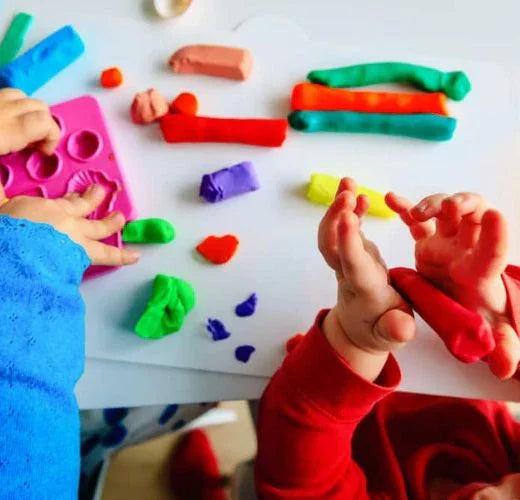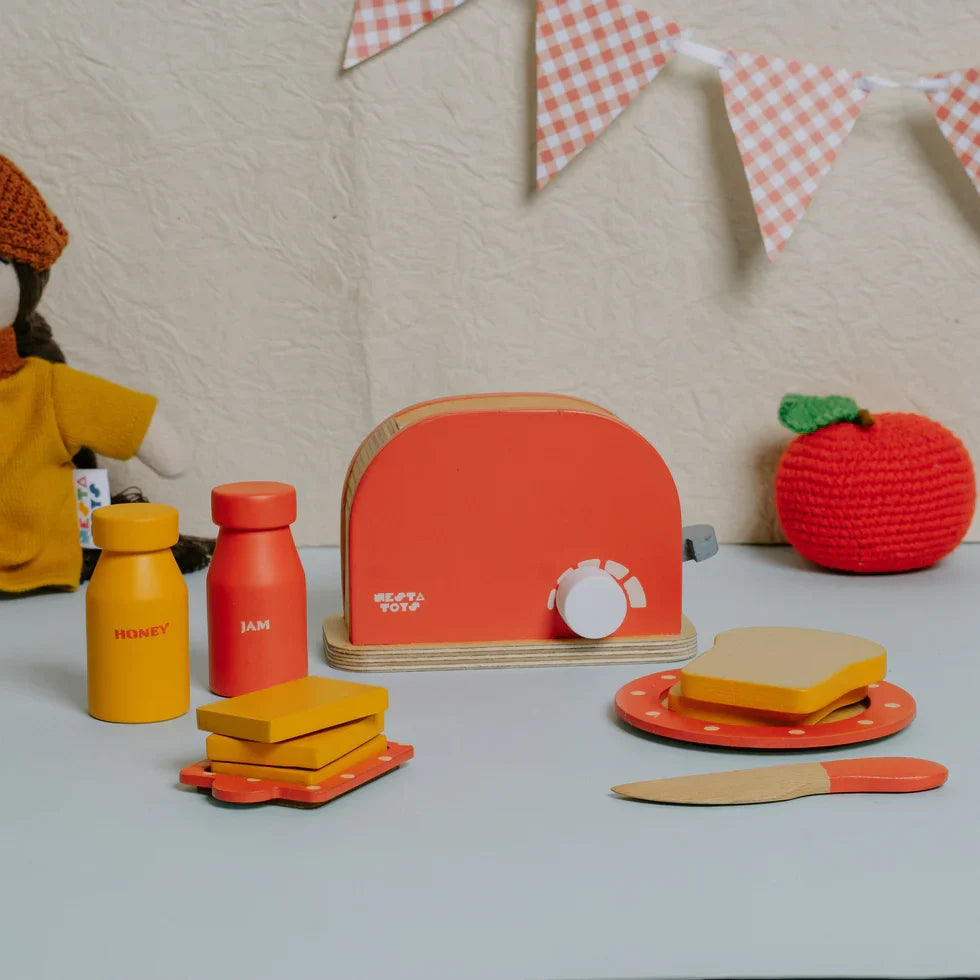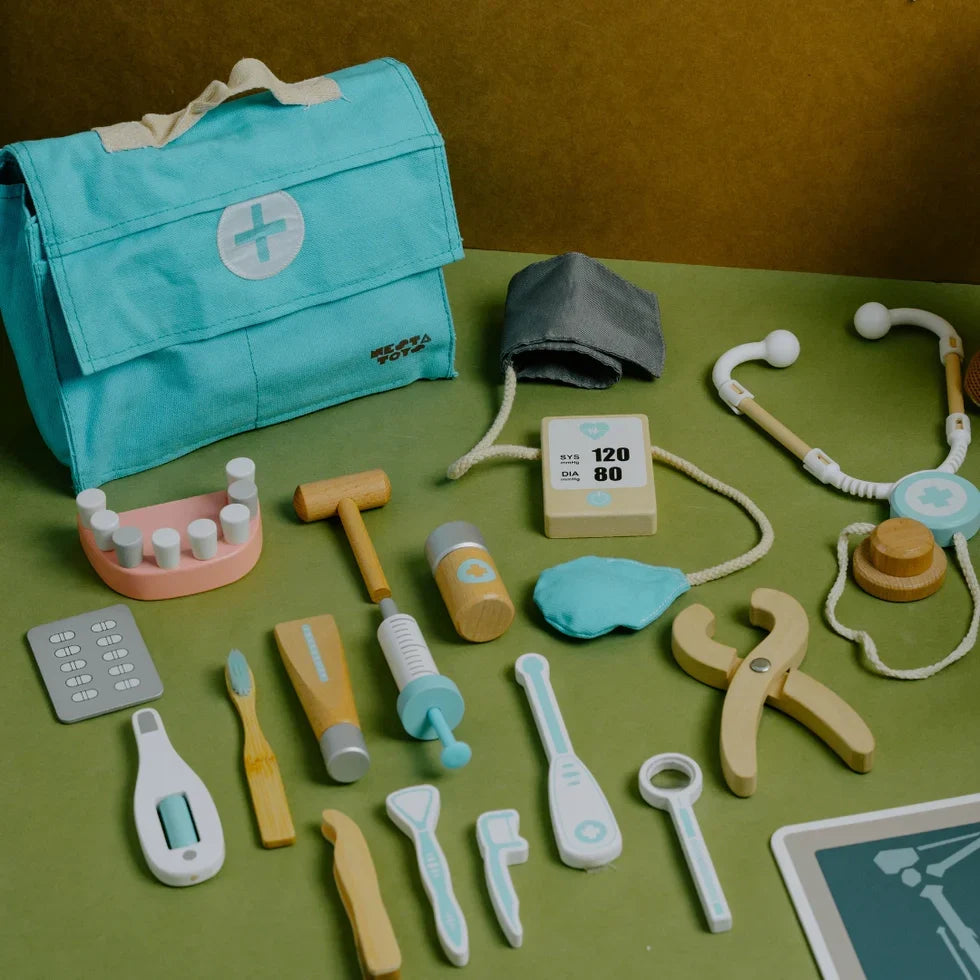Independent play is a crucial developmental milestone for toddlers. It fosters creativity, problem-solving skills, and self-confidence. While it may be tempting to constantly entertain your toddler, encouraging independent play can have long-lasting benefits. Here are some simple tips to help your toddler develop their independent play skills:
Create a Safe and Inviting Play Space
- Child-proof your home: Ensure that your home is safe for your toddler to explore independently. Remove any potential hazards and make sure all doors and cabinets are securely closed.
- Provide a designated play area: Create a special space in your home where your toddler can play without interruption. This could be a corner of the living room, a playroom, or even a designated area in their bedroom.
- Organize toys and materials: Keep toys and materials organized and accessible to your toddler. This will make it easier for them to find what they need and play independently.
Introduce Age-Appropriate Toys
- Open-ended toys: Opt for toys that encourage creativity and open-ended play, such as building blocks, dolls, and art supplies.
- Simple toys: Avoid overly complex toys that require adult assistance. Simple toys that are easy for your toddler to understand and manipulate are ideal for independent play.
- Toys that stimulate different senses: Choose toys that engage multiple senses, such as musical instruments, textured balls, and colorful blocks.

Encourage Independent Play
- Start small: Begin by allowing your toddler short periods of independent play time. Gradually increase the duration as they become more comfortable playing on their own.
- Model independent play: Show your toddler how to play independently by engaging in your own activities. This will demonstrate to them that it's okay to play alone.
- Provide positive reinforcement: Praise your toddler for playing independently and encourage them to continue exploring their toys.
Offer Gentle Guidance
- Avoid hovering: Resist the urge to hover over your toddler while they play. Give them space to explore and discover things on their own.
- Offer suggestions: If your toddler seems stuck, offer gentle suggestions or questions to spark their imagination.
- Be patient: Remember that developing independent play skills takes time. Be patient and supportive as your toddler learns to play on their own.
Incorporate Independent Play into Daily Routines
- Quiet time: Set aside a designated quiet time each day for your toddler to play independently. This can be a great opportunity for them to explore their toys and develop their imagination.
- Outdoor play: Encourage your toddler to play outdoors whenever possible. The natural environment provides endless opportunities for exploration and independent play.
- Bath time play: Make bath time a sensory experience by providing your toddler with toys, cups, and other objects to play with.
Address Separation Anxiety
- Gradual separation: If your toddler is experiencing separation anxiety, start by leaving them alone for short periods and gradually increase the duration as they become more comfortable.
- Create a comfort object: Provide your toddler with a favorite object, such as a blanket or stuffed animal, to comfort them during playtime.
- Maintain a consistent routine: A consistent daily routine can help alleviate separation anxiety and provide your toddler with a sense of security.
Remember, each child develops at their own pace. Some toddlers may take longer to develop independent play skills than others. The key is to be patient, supportive, and create a safe, nurturing environment for your child to explore and grow.
In conclusion, independent play is an important part of a toddler's development, and it's essential to encourage it from an early age. With a safe and stimulating play environment, simple instructions, and your encouragement, your toddler can learn to play independently while developing their creativity, problem-solving skills, and self-confidence.









